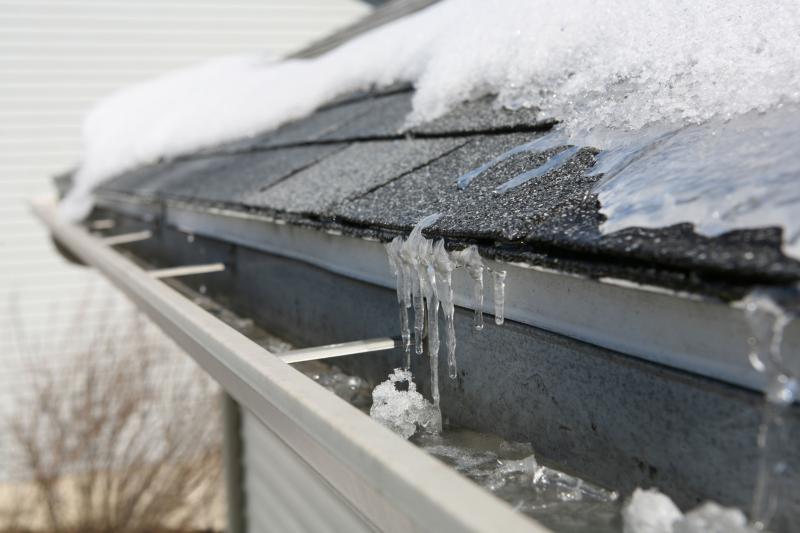The Effect of Snow in the Lower Mainland Region on Residential Roof Integrity

Snow is a burden, literally and figuratively, especially in compromising the integrity of residential roofs.
This means that you need to pay close attention to your roof during the coldest times of the year. The Lower Mainland usually has mild winter weather that stays above freezing, but occasionally there are large snowfalls.
Snow can cause serious damage to residential roofs.
Here are some of the ways that snow can negatively affect your residential roof:
Stress
Human beings aren’t the only ones who suffer from stress. During winter periods, your roof experiences the heavy weight of snow, which causes a lot of stress. The stress on the roof is the engineering type of stress: the force or load applied to the system.
The roofs can easily cave in because of the accumulation of snow on your roof, if the roof is not in good repair to begin with.
Most of the time the rainwater flows to the lowest points of your roof and when the temperature drops below freezing, it can form huge ice blocks.
The big ice blocks are extremely heavy, hence the stress on the roof increases causing a higher risk of cave-ins.
Ice Dams
The accumulation of ice on the roof forms ice dams on residential roofs.
Ice dams can easily cause major gutter damage and may even result in tearing of the roof.
Freeze and Thaw
The accumulation of snow on the residential roof can cause cracks to become present in roofing materials and underlayment.
When water penetrates into even minute cracks of your roof this can cause a major leak. As water freezes and thaws over and over, small cracks can widen into giant cracks.
The collapse of the building
Heavy snowfall can cause your residential structure to collapse. In 2015, 44 roofs collapsed in Boston during a two-day period.
Ill-advised techniques for snow removal--such as using a snow shovel on your roof--can cause serious losses and lasting damage to both you and your roof.
Keep in mind that not all snow is equal. Light powdery snow may weigh three pounds per square foot. Heavy, wet snow may weigh 10 times that.
In the US, FEMA publishes a very detailed snow-load, safety guide if you want to read up on snow load risk management.
Harvard Roofing & Sheet Metal is a family-owned business based in Langley, BC. Harvard has been supplying, installing, and repairing roofs for almost 50 years! They are “a degree above the rest” and are available 24/7 for emergencies. They operate throughout the lower mainland and greater Vancouver area.
If you have any questions about this article or would like to talk to us about roofing or sheet metal, give us a call at (604) 530-1818.











